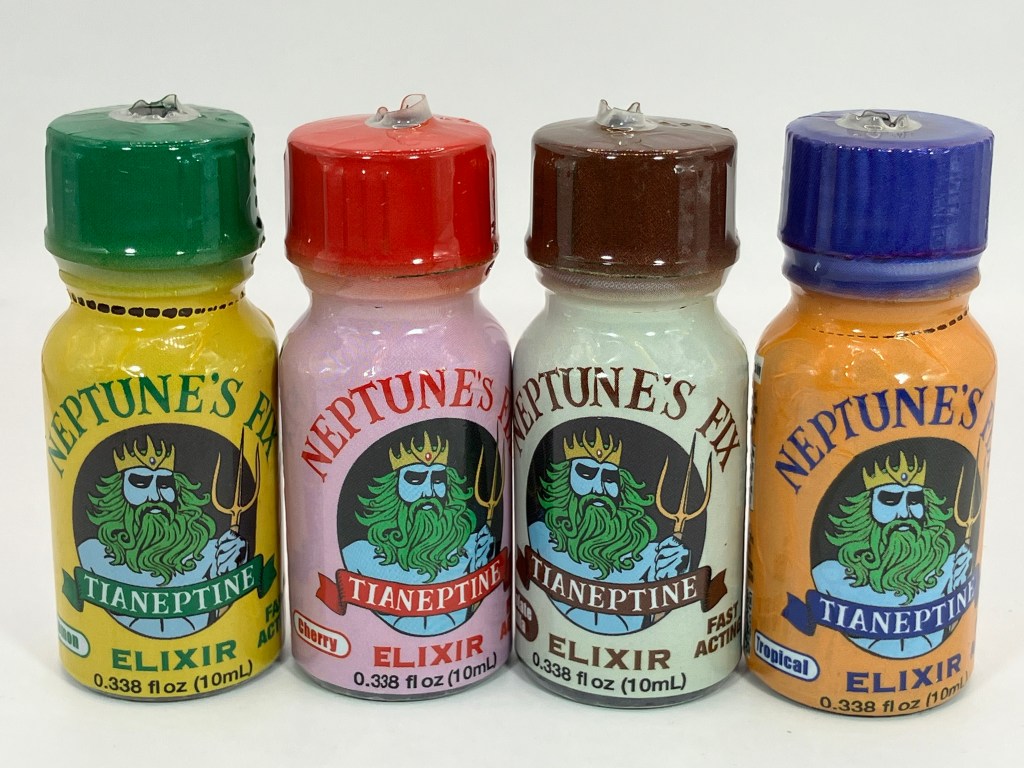Pharmacies will now be allowed to dispense the abortion medication mifepristone to patients with a prescription, the US Food and Drug Administration announced Tuesday. It’s a move that will further expand access to abortion for some—but not for those living in states with near-total abortion bans.
“There are a handful of states that have outlawed abortion from the moment of conception. And so, frankly, it doesn’t do much work in those states,” said Nicole Huberfeld, a health law professor at Boston University’s School of Public Health. But Huberfeld says that the decision makes medical sense. “There was really no scientific reason to continue the serious constraints on accessing mifepristone.”
Videos by VICE
Mifepristone blocks progesterone, a hormone needed for a pregnancy to continue, and can be used alongside the medication misoprostol—a drug often used to manage miscarriages—to induce an abortion in the first trimester of pregnancy. In the past, access to medicated abortion was restricted: Only certified healthcare providers could prescribe and dispense the medication. But according to the updated FDA rules, brick-and-mortar pharmacies can now obtain certification and dispense mifepristone directly to people who have a prescription from a certified prescriber.
The new rule is part of a change to the FDA’s risk evaluation and mitigation strategies (REMS) on the medication, and it follows a December decision that permanently extended rules that were initially temporarily introduced in 2021 because of the COVID-19 pandemic. Those rules make it possible for telehealth providers to prescribe mifepristone, and for the medication to be shipped by mail.
Planned Parenthood and producers of the drug applauded Tuesday’s move for its potential to expand abortion access as the country grapples with the aftermath of the Supreme Court’s decision to overturn Roe v. Wade. At least 13 states now have abortion bans in effect.
For now, it’s unclear how many pharmacies will choose to undergo the certification process. Massive chains like Walgreens and CVS, in particular, may be hesitant.
“It’s hard to say if pharmacies want to wade into the extraordinary conflict that exists between states right now. And when I say extraordinary, I think that’s an understatement,” Huberfeld said. “These are medications that have been lawful for a long time. And it isn’t a question as to whether they’re safe and efficacious. It’s really just the politics. So one would hope that the politics wouldn’t muck up the medicine, but they may.”
What is clear is that the move won’t expand abortion access within states that already ban abortions. More than a dozen states have implemented near-total abortion bans, including some that specifically target mifepristone, and the FDA’s decision won’t affect those laws. CEO Evan Masingill of GenBioPro, which produces the generic version of mifepristone, told Politico that the FDA’s decision “will not provide equal access to all people,” though people seeking the medication could travel out of state to buy and take it—if they can afford to do so.
There are also safety implications for pharmacies that choose to stock the medication. Abortion clinics and providers have dealt with enormous levels of harassment and violence over the years. In 2021, abortion clinics reported a 54 percent increase in vandalism, including incidents where bullets were fired through clinic windows, compared to 2020, according to the National Abortion Federation. Bomb threats also rose by 80 percent.
However, abortion clinics also made easy targets for anti-abortion activists, because they provided the vast majority of abortions during the Roe era. If mainstream medical institutions treat abortion like a normal part of health care, it may become less dangerous to provide the procedure.
“If every pharmacy offers this medication, then it’s actually harder to target them, because then it becomes common rather than exceptional,” Huberfeld said.
For many, Tuesday’s news still represents a victory: People in blue states with access to abortion could benefit from being able to pick up pills at participating pharmacies, including those who don’t have a fixed home address or easy internet access. Those who don’t want a parent or partner to find the medication in the mail could also benefit from the added layer of privacy.
“Today’s news is a step in the right direction for health equity. Being able to access your prescribed medication abortion through the mail or to pick it up in person from a pharmacy like any other prescription is a game changer,” said Alexis McGill Johnson, president & CEO, Planned Parenthood Federation of America, in a statement on Tuesday.
“While we’re still fighting against bans and restrictions on medication abortion at the state level, it’s critical that people in states where abortion is legal have access to care.”
Want the best of VICE News straight to your inbox? Sign up here.




